You probably have a good idea of what is the right camping site for you. Perhaps you would like to go camping in the mountains or maybe in a forest. Regardless of the camping site chosen, it is vitally important to research the area beforehand. This information can make the difference between having a wonderful camping trip and having one filled with “unexpected surprises.” Some things to keep in mind in your research of a camping site should include:
1. Time of The Year: Is this the best season to camp in this area? If not, what other precautions must I take into consideration? Will I need to update my camping equipment to accommodate colder conditions? Do the wildlife pose a risk to me during this time of year? Is this area susceptible to certain natural disasters during this time, such as flooding or tornadoes? If so, how can I plan to reduce their impact on my camping trip?
2. Attraction or View: Does this camping site have interesting wildlife or a unique view? Will the time of year I am going adequately showcase these attractions?
3. Any Man-Made Distractions: Modern construction is a wonderful thing which allows our cities and towns to grow with progress. Unfortunately, while camping most would prefer to avoid these distractions. Do yourself a favor and check with people in the area to ensure there will be no planned road development or other major construction projects during the time you are camping. This will save you some aggravation and ensure you are camping at time when you can enjoy nature the most.
4. Road Access: Do you have a road within a ½ mile of your camping site? If not, can I make do with limited camping equipment? If weather gets bad and I need to evacuate, do I have a four wheel vehicle or will I need to be able turn back at the first sign of bad weather?
5. Water Source Access: Will I need to bring in water or do I have a nearby clean water source? If I do have a water source, what water purification steps will I need to take and what equipment will I need?
6. Terrain: Does my current camping equipment meet my needs in this area or do I need to make some additional purchases?
7. Access to Neighboring Town: If needed, is there a town or store nearby where you can get additional supplies? No matter how well you plan there will always be something you forget. Knowing you can get pick up these supplies nearby will set your mind at ease and keep you camping instead of having to cancel the trip prematurely.
8. Access to Emergency Help: If needed, is there a hospital nearby where you can go for emergency help. Also, will your emergency cell phone work in that area. It is a very good idea to know if the phone will work prior to having to actual use it. Be sure to go to the area and test it. If an emergency does come your way, you will be glad you did.
By applying these tips, you should be able to find a quality camping site that meets your camping needs in terms of safety and satisfaction. With a little pre-planning you should be on your way to having your next adventure. Good luck and don’t forget your map and compass.
Article Source: http://www.articlesbase.com/camping-articles/choosing-the-right-camping-site-421124.html
About the Author:Jeff Marshall is an avid tent camper and former Boy Scout. To read more tips and advice like the ones in this article, please click here: http://www.goingtentcamping.com/Camping-Sites.html or More Camping Tips
Saturday, May 24, 2008
Subscribe to:
Post Comments (Atom)


Not Camping Just Fun!
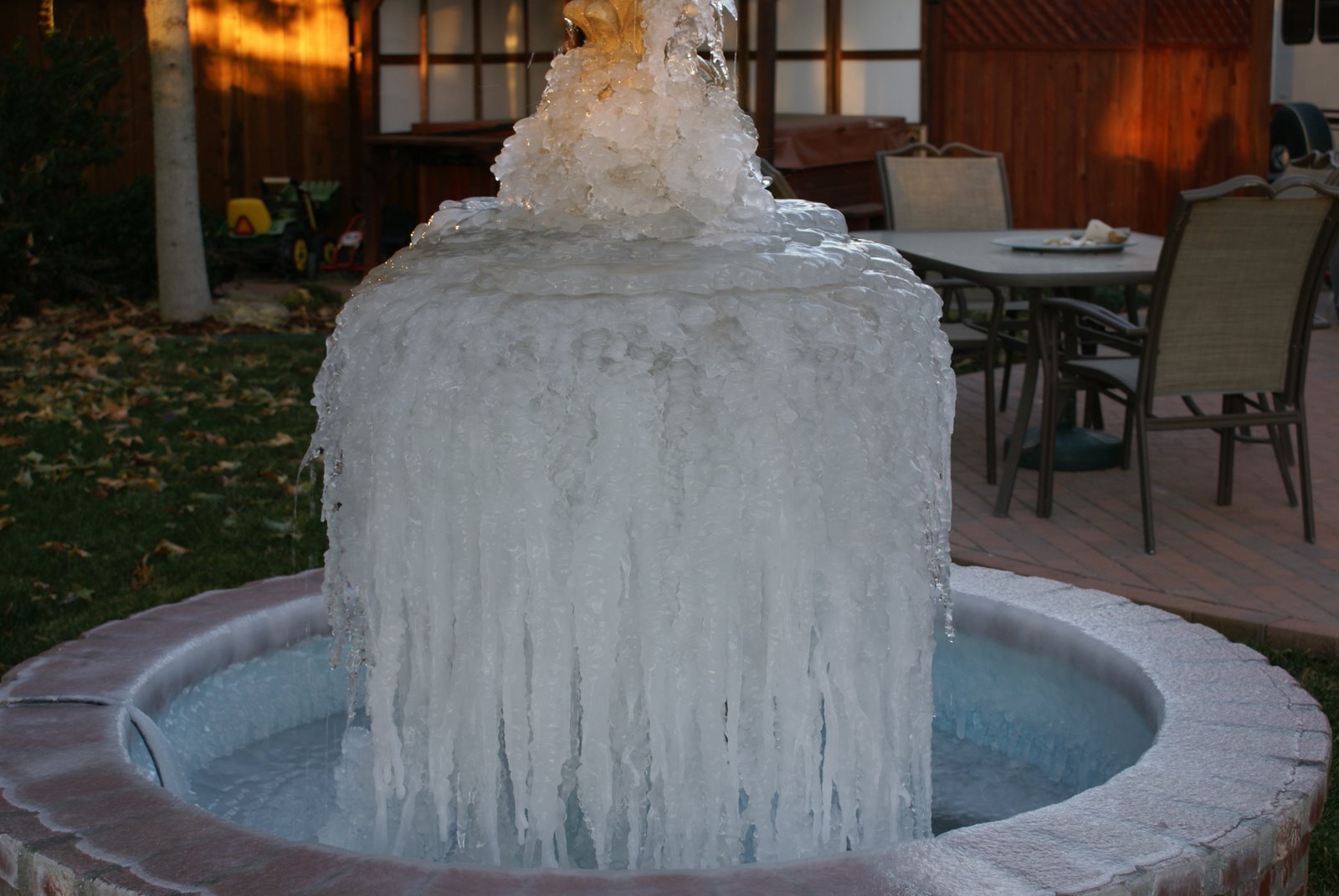
Frozen Fountain in our old backyard!
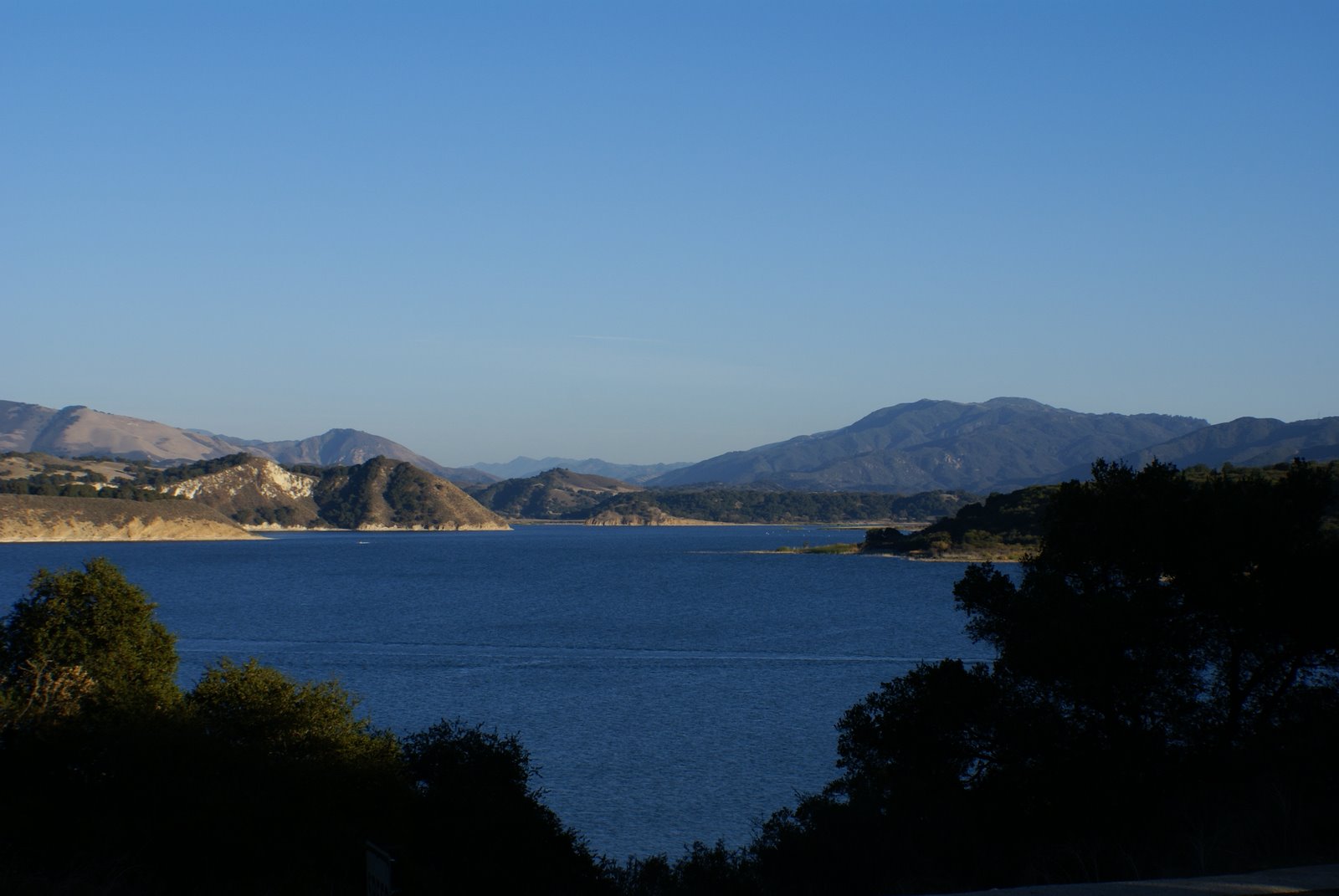
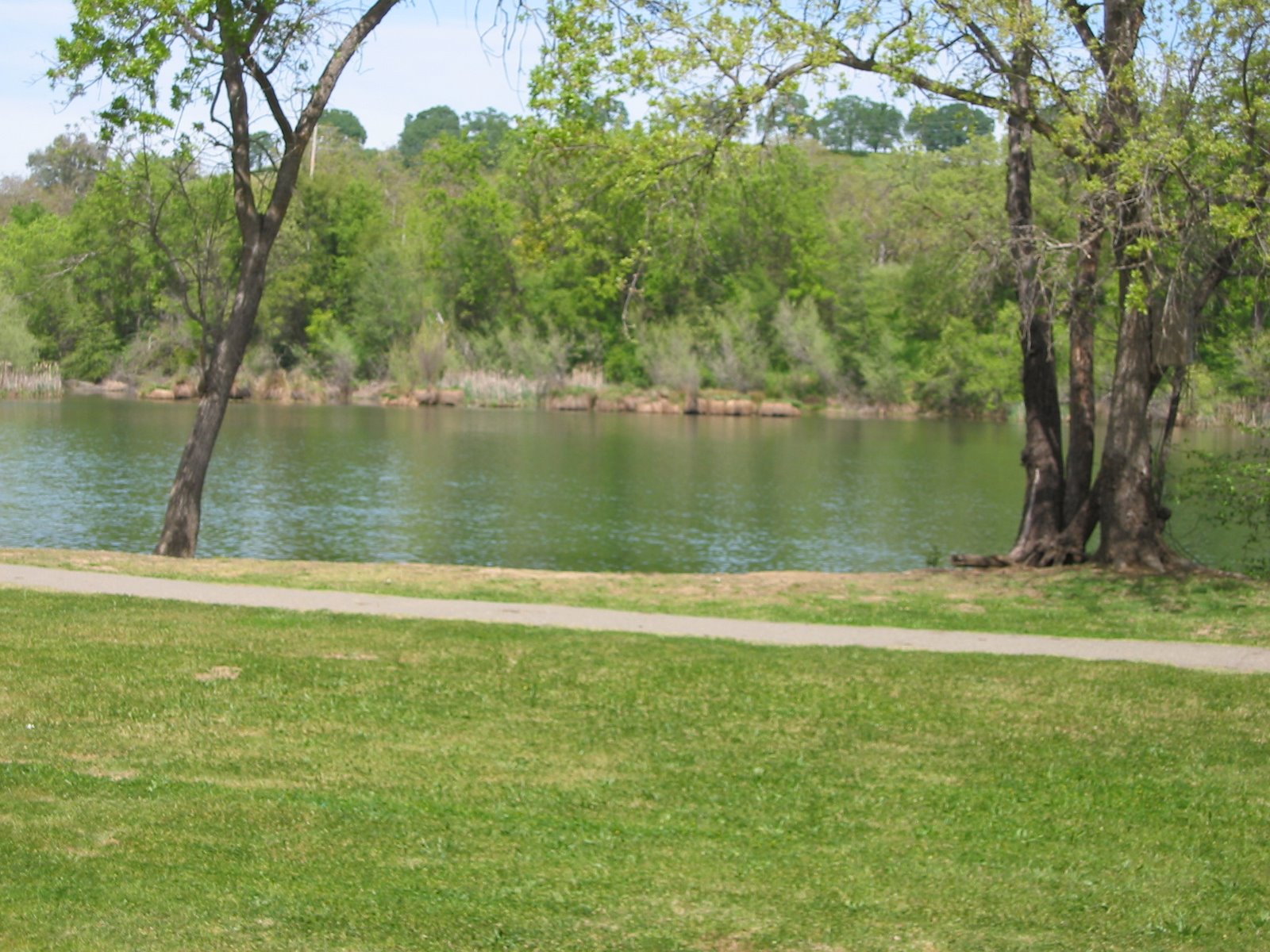




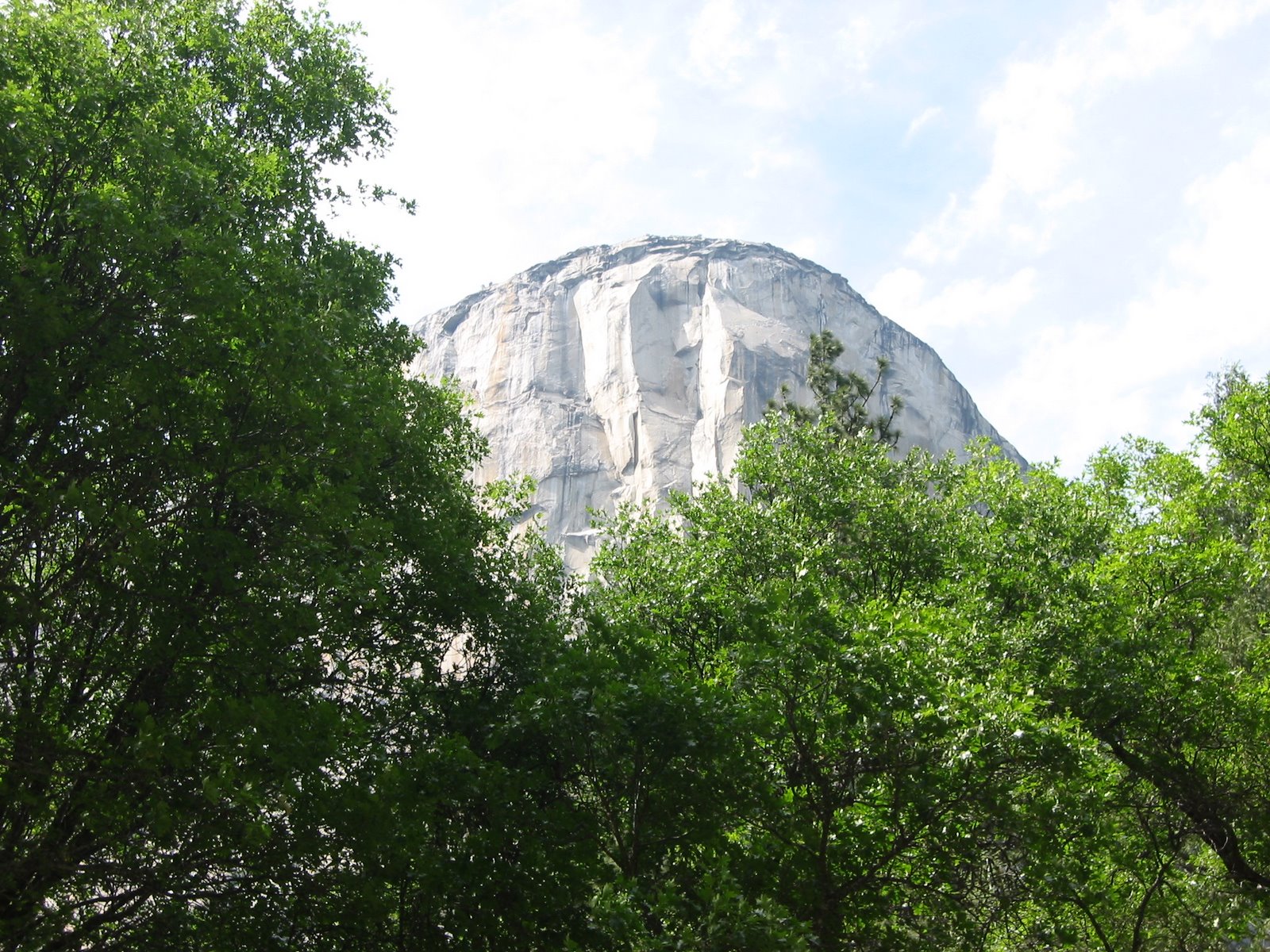

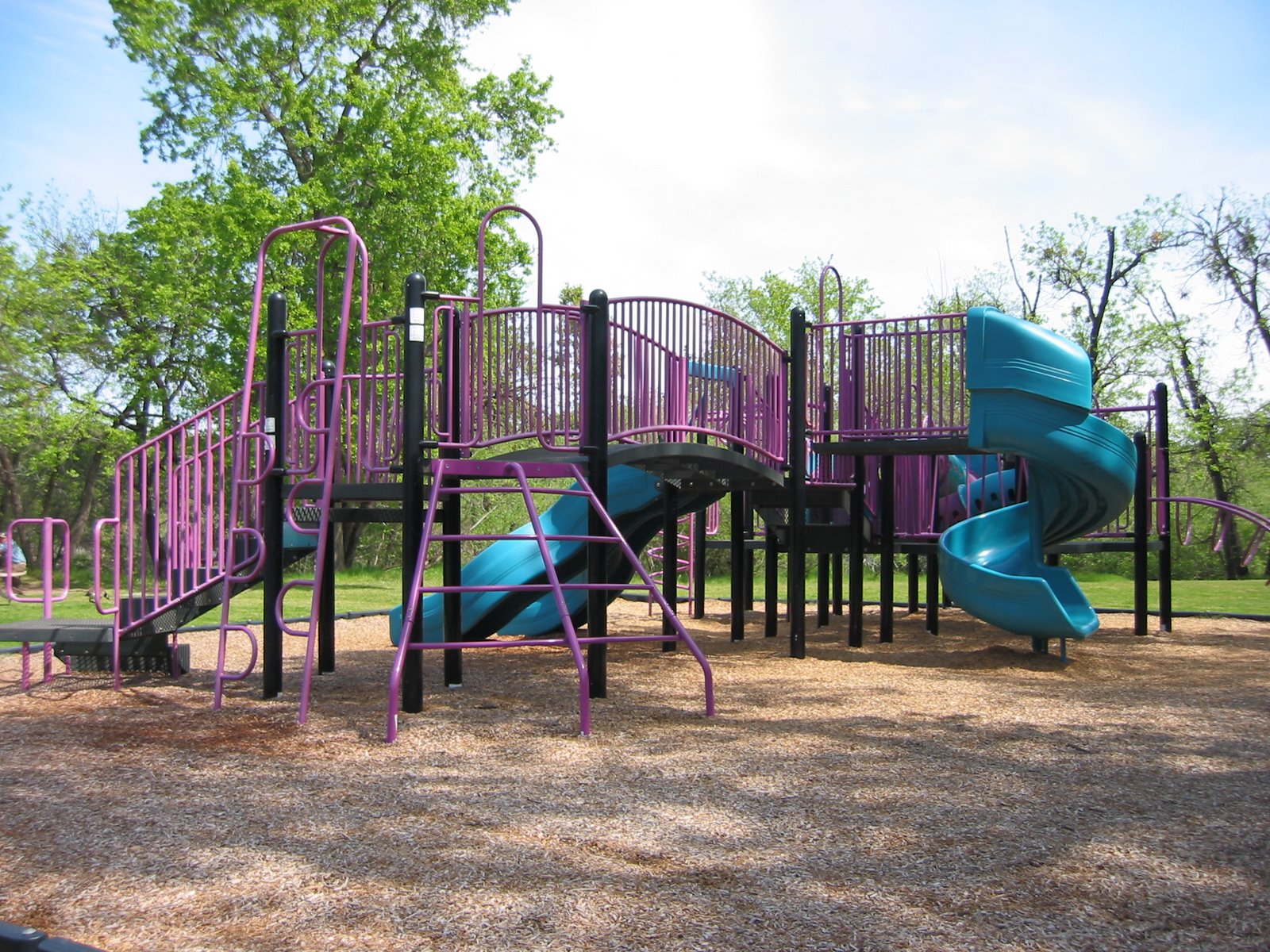


No comments:
Post a Comment